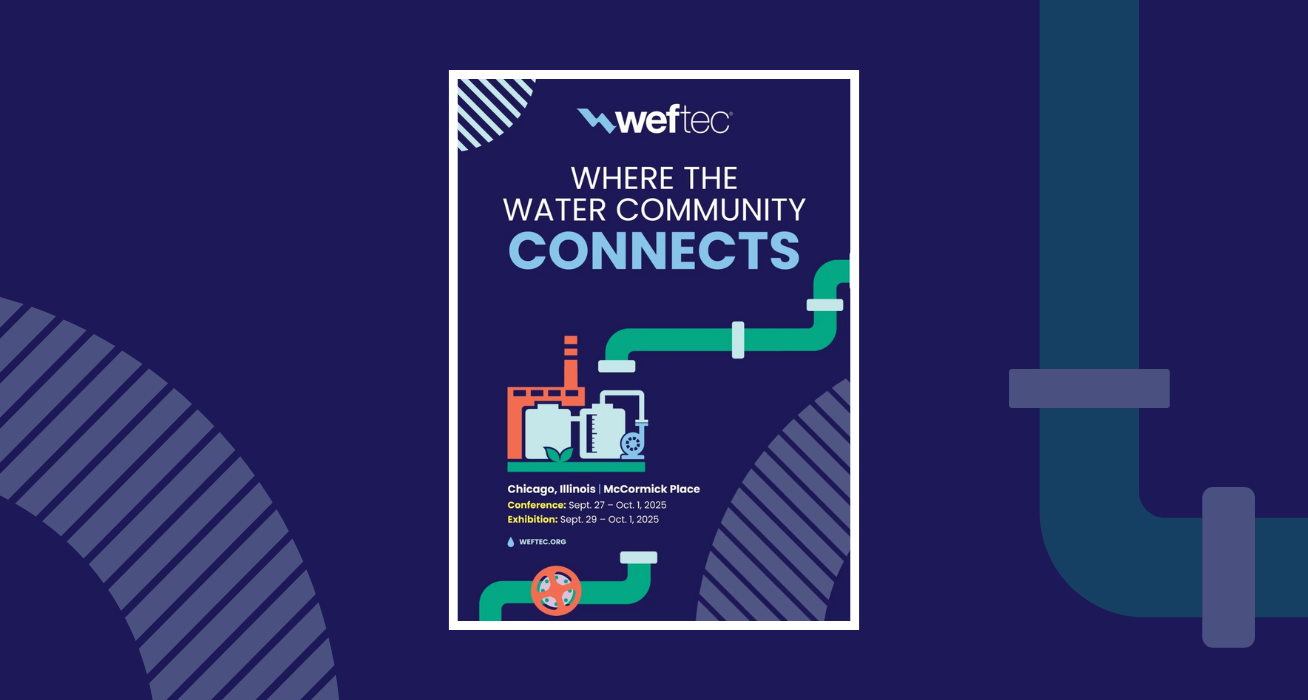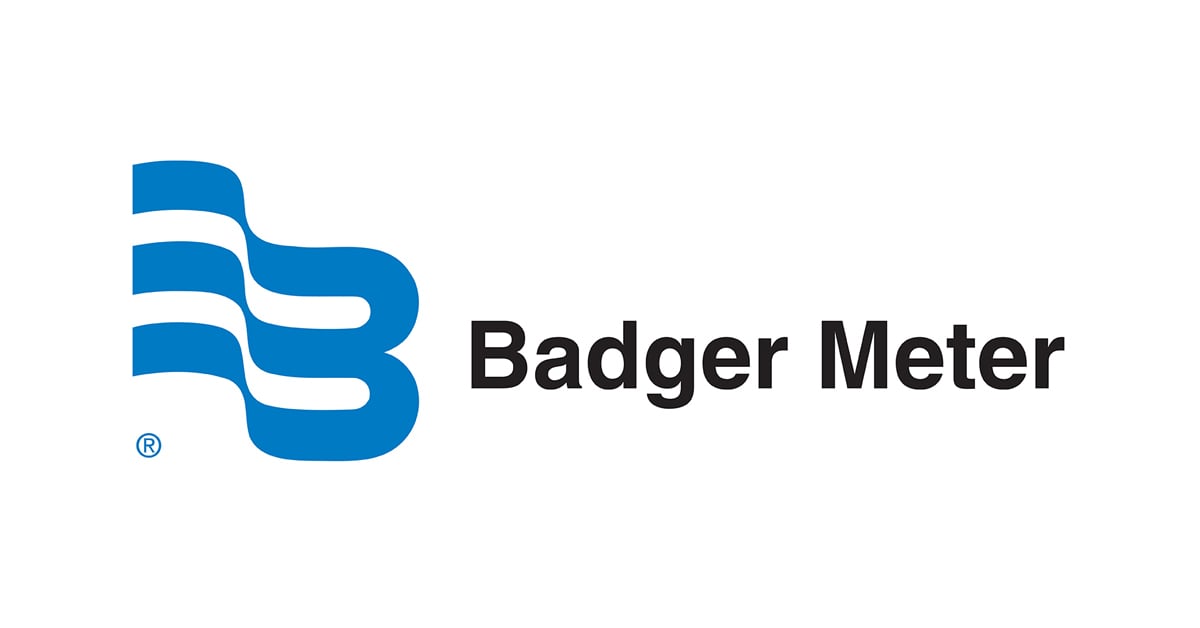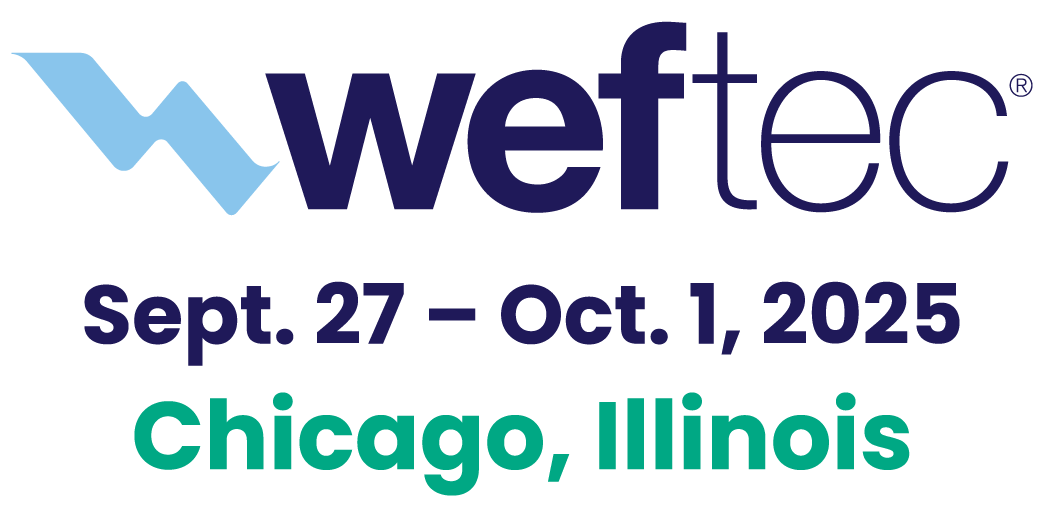WEFTEC Now

The Official News Source of WEFTEC
WEFTEC Now features timely coverage of major events leading up to, during, and after WEFTEC. This resource will become an enduring record of past WEFTEC conferences as well as provide notice of upcoming events and opportunities.
Filters:

Get an Inside Look at WEFTEC 2025Explore the newly released WEFTEC 2025 Conference Preview and discover what’s in...

The Events Industry Council announced today that WEFTEC 2024, an annual event hosted by the Water Environment Federation...

Trinnex delivers industry-specific, off-the-shelf solutions, and premium digital services to drive water infrastructure objectives forward. ...

The WEFTEC Live team stopped by the Oldcastle Infrastructure booth to chat with Nick Garner, the Senior Product...

The InFLOW 2024 scholars completed their program with a ceremony at WEFTEC on Tuesday, October 8th. This year...

Headquartered in Rock Hill, South Carolina, Atlas Copco Compressors provides innovative solutions, including world-class air and gas compressors,...

BlueEdge™ is the complete Badger Meter portfolio in action: a transformative suite of solutions designed to drive visibility...

Xylem Vue powered by GoAigua simplifies the way utility operators and managers get the information they need when...

Chief among the drivers for Wager Company’s innovations is to make systems simple to use and long-lasting....

WEFTEC Live met with Rob Gledhill, President and CEO of Blue-White Industries, to discuss his enthusiasm for WEFTEC...

CDM Smith is once again sponsoring the WEFTEC Drone Pavilion which will feature Sky Wave™ at CDM Smith,...



